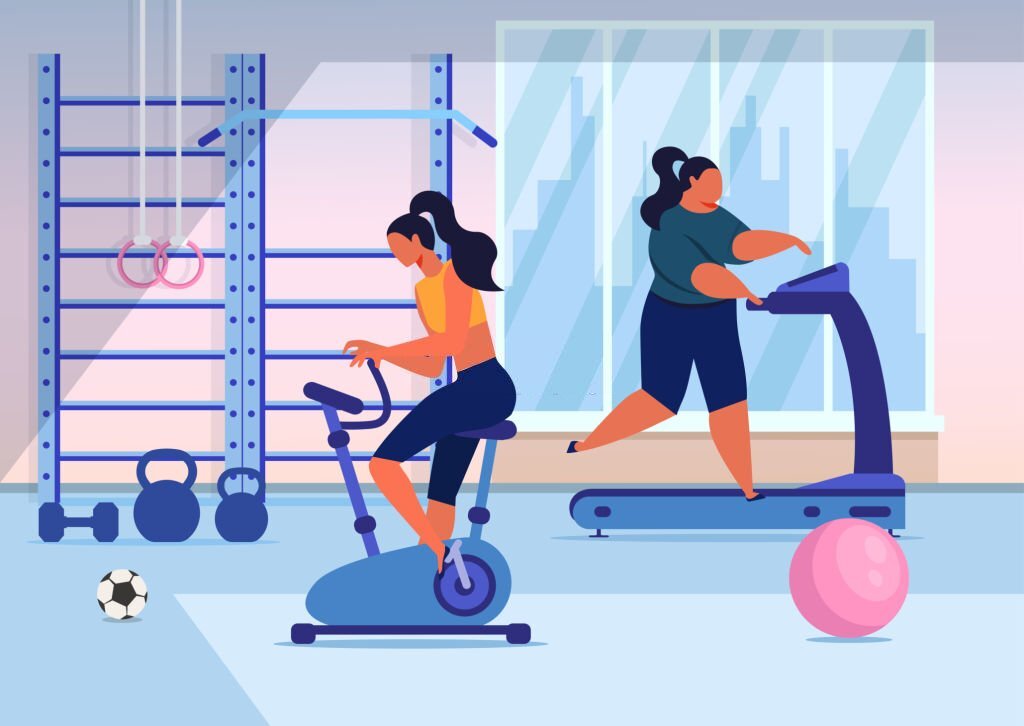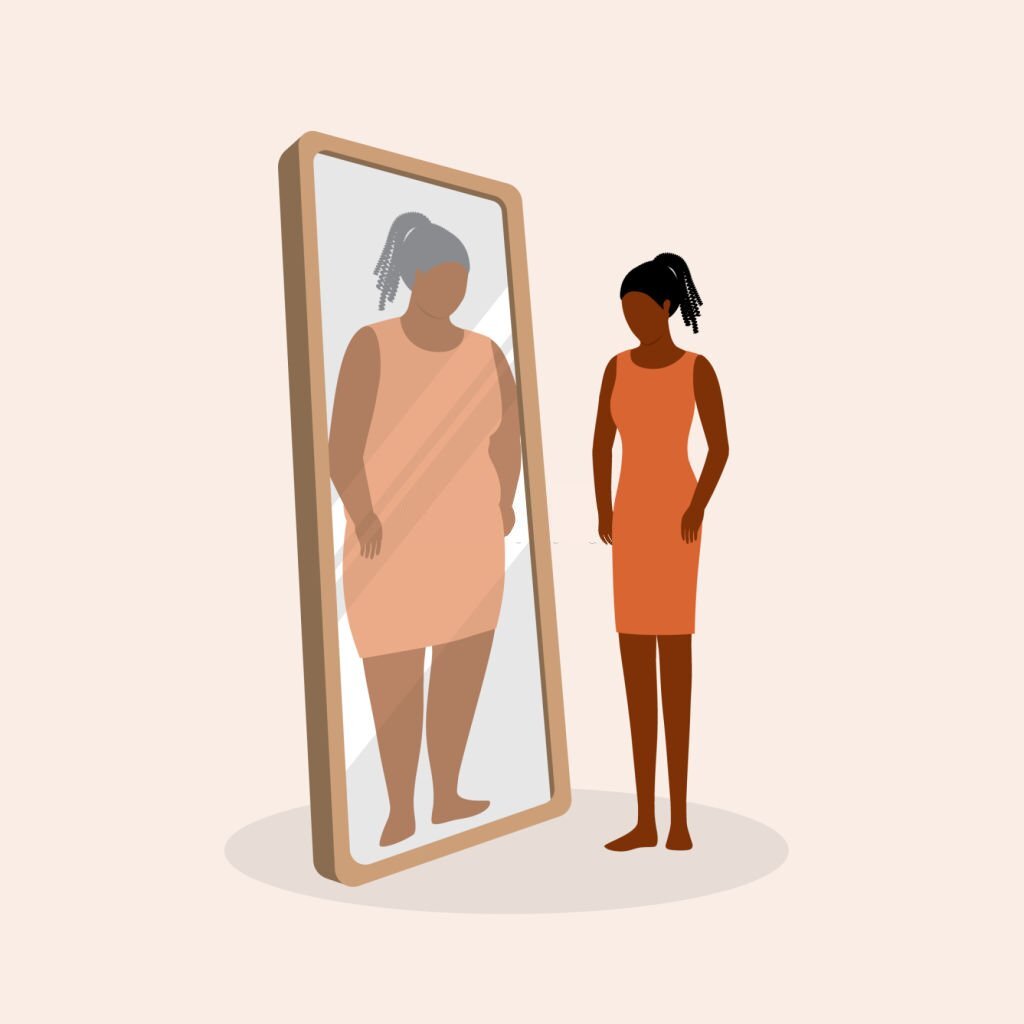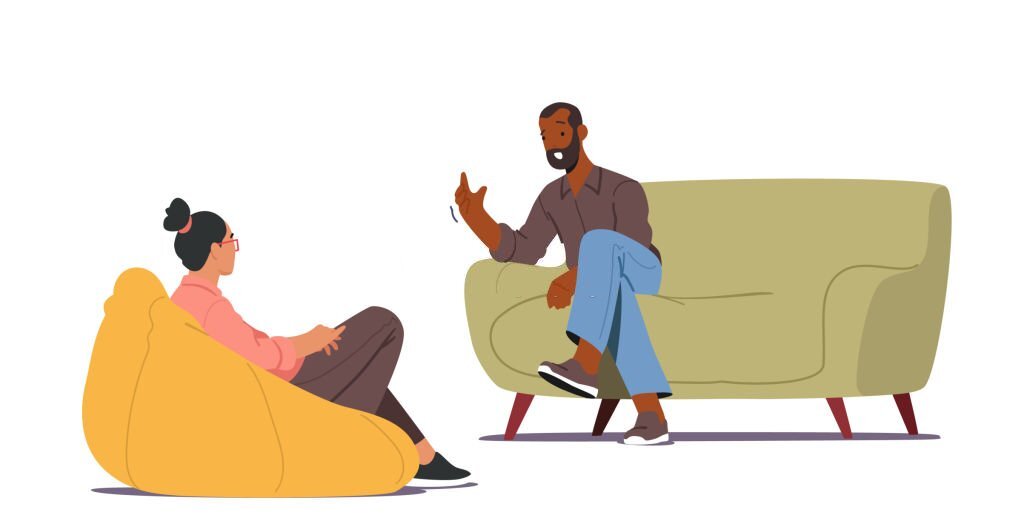Dear foodies,
We have developed a skewed notion of healthy exercise and eating. We either don’t do it at all, or we do it far too much.
The sooner someone can identify their disordered eating and get help, the better their chances of making a full recovery, both physically and mentally.
Raise your hand if you’ve ever convinced yourself that if you had the strength, you’d exercise more and make healthier lifestyle choices.
Why didn’t you, afterward? Was it because you weren’t sufficiently committed? Maybe you were too exhausted, stressed out, or simply had too much on your plate.
Compulsive exercise and disordered eating habits often coexist. Many of us have unhealthy body image practices, such as yo-yo dieting, avoiding particular food groups, or using exercise to earn food.
DISCLAIMER:
The content on the site is for informational purposes only, and doesn’t substitute professional medical advice. If you think that you are struggling with a medical disorder, please reach out to a professional to confirm your diagnosis.
What is compulsive exercise?
Exercise addiction is an unhealthy fixation on working out and getting fit. It’s often caused by eating disorders and body-image issues.
Your “why” and attitude toward fitness are key. Does exercise make you happy? When you miss a workout, do you let it spoil your day or simply embrace life’s chaos and move on?
In our culture, ‘healthy’ means slim, so moving our bodies becomes all about weight loss. When these mindsets fuel our exercise motivation, we lose touch with our bodies and what they are communicating to us.

What is disordered eating?
Disordered eating involves actions that limit food options, restrict food intake, produce discomfort, make you feel out of control, or trigger unpleasant feelings like guilt or shame.
Disordered eating and eating disorders sound similar, but are not the same. Disordered eating (e.g., ) doesn’t qualify as an eating disorder. An eating disorder is a clinical diagnosis.
Not everyone with disordered eating has an eating disorder.
Disordered eating is linked to ideas and opinions about food, body image, and weight like:
“I’ll feel better when I eat.” or “If I eat a donut, I’ll get fat.”
Restrictive eating, compulsive eating, and irregular or rigid eating patterns are all examples of disordered eating. An obvious way to identify restrictive eating is when someone refuses to eat certain foods.
While not eating certain foods is restrictive, it is not always a red flag, it is important to understand why the food is being restricted.
Restrictive eating habits usually involve some kind of inflexible diet or food rule, for example, “I won’t consume any food with more than 15g of carbs.” or “No food after 5 p.m.” These are unrealistic rules.
Restricting dietary groups or demonizing sugar can lead to feeling deprived and overeating or binging to make up for it.

Working out at the gym has always been a love-hate relationship for me. In my younger years, I used to enjoy playing netball and running.
In the past, I spent a lot of time dieting and exercising to the extreme, but these behaviors were never sustainable, so I frequently gave them up. As a result, I started to feel unworthy and convinced myself that I would never be able to attain my fitness goals.
I’ve noticed that lately, I get a little anxious before attending a fitness class because I never know what to expect. I’ve tried a lot of different routines, but nothing has ever stuck.
However, adding strength training to my routine has been a real game-changer, especially for my mental health. Strength training gives you that “Wow, I just achieved that!” feeling of self-efficacy.
I’ve struggled with different problems before — like whether or not there is any meaning to life or if social interactions are worthwhile.
I’ve also had trouble pushing myself to get fit, eat right, sleep more, and take control of my life while not seeing results.
And like everyone else, I’ve heard a million times that exercise solves all problems, including depression.
Let me be the first to admit that exercising every day has created a better morning ritual and allowed me to take full control of my life.

7 tips to renew your relationship with eating and exercise:
- Rethink your motivation for exercise. Consider your favorite hobbies: do you enjoy dancing or swimming? Connect your body to the answer and lean into that physical activity.
- Don’t do a certain type of exercise just because you heard it will burn more calories. Focus on your abilities and what you enjoy.
- Learn to celebrate your body as it is now. Give thanks to your body for showing up.
- Practice mindful eating to develop a healthier relationship with food.
- Calling a food “bad” gives it strength. Consider all foods equal in your diet.
- Instead of dieting, eat for health. Many of us want to lose weight, but there are other benefits to eating well.
- Professional help can improve your relationship with food and health. Dietitians, therapists, and other healthcare specialists can help you understand your eating history and offer suggestions for navigating it.
Most importantly, treat your changing body with kindness and patience. Pay attention to what makes you feel good and repeat it.
Love and light,
Chef Lee
P.S. Thank you for reading Food for Thought — a newsletter where I explore food and mental health.
If this issue resonated with you, feel free to share it with someone who’d find it meaningful.
I run a creative food agency and host regular cooking classes. Check out my website for more or email me for help with your next event.
Need help with building a business or personal brand? Book a coaching session with Dr. Shehu.
See you again next week. x